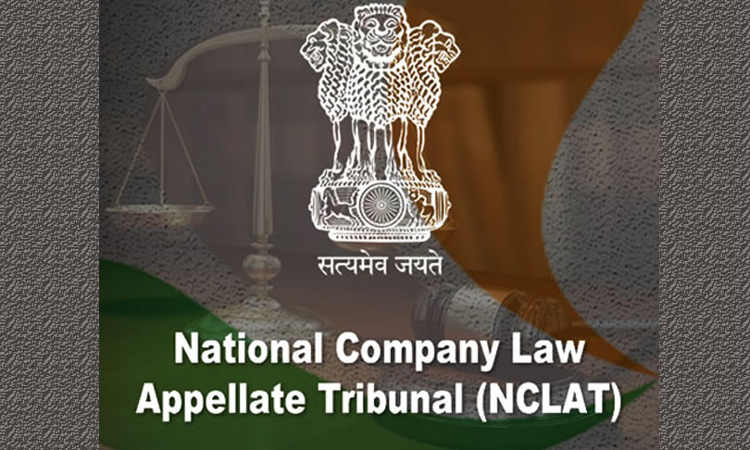NCLAT Approves Resolution Plan Of Shell Company Despite SEBI's Objections
Arunima Bhattacharjee
5 Sept 2019 9:44 AM IST

In the absence of any material irregularity in exercising the powers by the RP during the CIRP, or regarding provision for payment of insolvency resolution costs in the resolution plan, the appeal was found to be not maintainable by the NCLAT, and was dismissed.
Next Story


